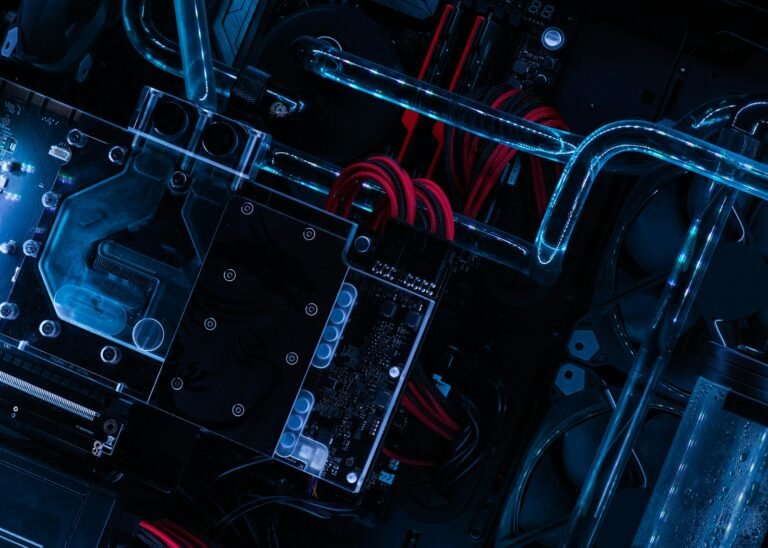The Huawei Question: Who Really Controls the Networks?
The debate over Huawei’s role in global telecom networks isn’t just about technology—it’s about power. Governments are now forced to ask whether trusting a company tied directly to China’s state apparatus is safe. When you install Huawei equipment in power grids, hospitals, or defense systems, you’re not just upgrading connectivity. You’re giving access to infrastructure that could be exploited. The real issue isn’t just how well the gear works—it’s who might have access to the data flowing through it. This isn’t a technical problem. It’s a geopolitical one. Every decision about which networks to build or maintain is shaped by the influence of national interests, and in this case, the influence of China’s government.
The risks aren’t hypothetical. There’s evidence that Huawei has financial ties to military-linked intelligence units in China. Under China’s 2017 National Intelligence Law, companies are legally required to cooperate with intelligence agencies—meaning they can be forced to hand over data. That rule applies to Huawei, and it raises serious concerns about privacy and oversight. Plus, China has long been accused of cyber espionage, targeting defense, finance, and tech sectors. If Huawei’s systems are embedded in critical infrastructure, those systems could become entry points for espionage. The deeper the integration, the greater the risk of data leaks or sabotage.
Key Concerns Behind the Huawei Dilemma
- The Intelligence Link: Huawei has financial links to Chinese military-affiliated intelligence bodies. Under China’s 2017 National Intelligence Law, all companies must assist government intelligence efforts—meaning data access isn’t optional. This creates a legal path for state actors to obtain sensitive information, even if it’s not directly shared.
- Risk of Espionage: China has been linked to widespread cyberattacks on key sectors. Using Huawei tech in national infrastructure could give Chinese intelligence agencies a backdoor into sensitive systems—potentially exposing military plans, financial records, or personal data.
- The Belt and Road Connection: Huawei’s 5G dominance fits perfectly with China’s Belt and Road Initiative, which expands Chinese influence through infrastructure. Relying on Huawei strengthens that reach, creating dependencies that are hard to reverse.
- Pricing Pressure & Market Control: Huawei’s low prices have pushed many nations to adopt its systems. But this comes with risks: it can stifle competition, slow innovation, and concentrate control in a single company backed by the state.
When it comes down to it, trust in Huawei can’t be assumed. The real question isn’t whether the gear works—it’s whether the company remains independent of government control. Governments need to assess not just the technical specs, but the full chain of influence behind every piece of equipment. Without that, the risk of compromised networks isn’t just possible—it’s already embedded in the system.







